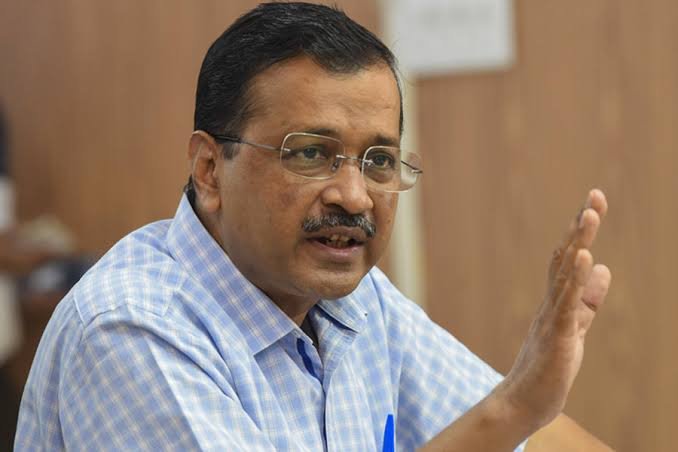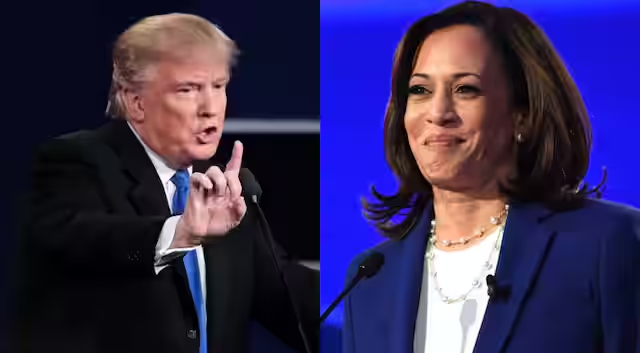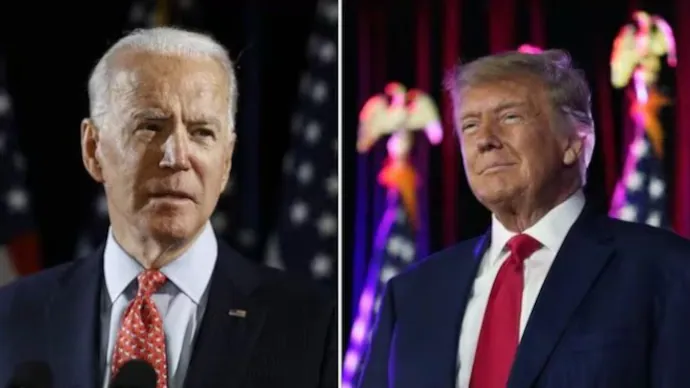
Arvind Kejriwal, the Chief Minister of Delhi, has recently been granted bail by the Supreme Court in a case concerning his arrest by the Central Bureau of Investigation (CBI). This high-profile incident has spurred significant discussion regarding the judicial process and the implications of political arrests in India.
Supreme Court’s Division on Legality: Arvind Kejriwal’s Perspective Amid Ongoing Debate
The Supreme Court’s ruling was not unanimous, with a split decision reflecting differing views on the legality of the CBI’s actions. Some justices argued that the arrest was warranted based on the evidence presented, while others expressed concerns over the legitimacy of the procedural approach taken by the CBI. This division has raised questions about the balance of power and the role of investigative agencies in politically sensitive cases.
Implications of the Bail Decision
The granting of bail to Arvind Kejriwal signifies a crucial moment not just for him, but for the political landscape in India. This decision may set a precedent for future cases involving political figures and the judiciary’s interpretation of law enforcement authority. The implications of the Supreme Court’s ruling will likely be analyzed extensively by legal experts and political analysts alike, as they consider both the immediate and long-term effects on governance and judicial integrity in the country.


